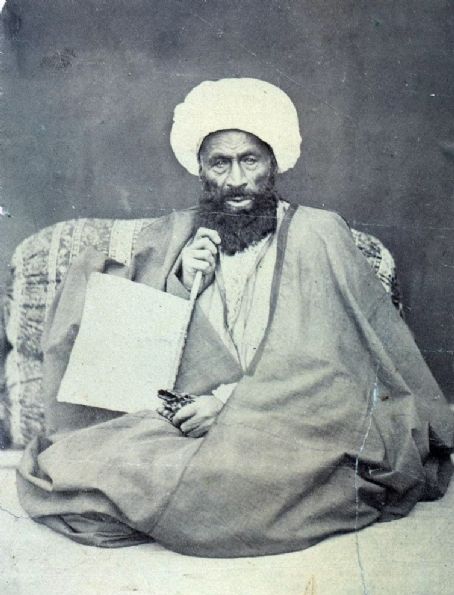Moreover, Mulla Ali Kani’s writings on ethics impart invaluable lessons on personal morality. He advocates for the pursuit of virtuous conduct, emphasizing traits such as honesty, generosity, and humility as central to an Islamic way of life. In a world increasingly fraught with moral ambiguity, his ethical framework serves as a guidepost, urging individuals to embody these virtues in their daily interactions. Kani’s writings thus entail a transformative potential, encouraging adherents to rethink their moral compasses in light of divine expectations.
Furthermore, his interpretation of Islamic jurisprudence, or fiqh, demonstrates an adroit balance between tradition and modernity. Kani’s comprehensive analyses of legal principles illustrate a judicious application of Islamic law that accommodates changing societal norms. This flexibility is particularly significant, as it opens up pathways for dialogue among varying schools of thought within Islam. By advocating for an adaptable legal framework, Kani’s approach fosters inclusivity, facilitating a dynamic engagement with the ever-evolving fabric of society.
Mulla Ali Kani’s emphasis on education also warrants closer examination. He believed in the fundamental importance of acquiring knowledge, positing that enlightenment is a divine obligation for every believer. His teachings encourage a proactive approach to learning, advocating that informed individuals are better equipped to navigate the complexities of faith and existence. In an age marked by rapid information dissemination, this timeless message remains profoundly relevant, calling for the cultivation of a well-rounded and educated community.
Tags
Share this on:
[addtoany]


